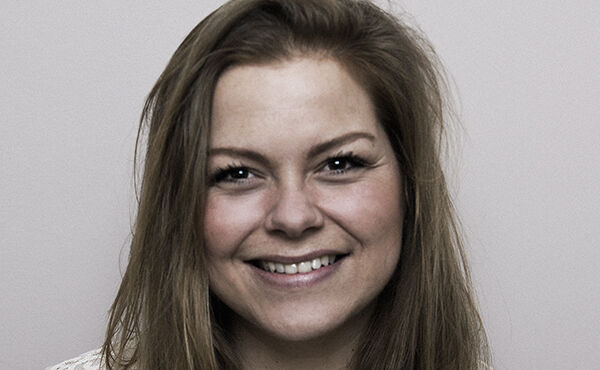You might not have heard of the Japanese word ikigai, but you’re probably familiar with the French term raison d’être. At their roots, they both mean the same: your reason for living. Knowing why you’re alive and what your purpose is are important aspects of ikigai, and it just might be the secret to a longer and healthier life.
Similar to the African concept of ‘Ubuntu’, if you’re able to feel you’re beneficial to the community by contributing you can have a true sense of your worth, which in turn influences your happiness and courage to live. In many ways, being part of a group of friends, colleagues or local community – having that sense of belonging – gives us a sense of purpose, an identity. Once you know who you really are, then you can define what makes you happy, what your role is and how you want to shape the relationships in your life. In turn, this knowledge helps you check if you’re being true to yourself and find meaning in your day-to-day living – this is your ‘ikigai’.
Only when we decide to actively participate in a community do we feel a stronger tie to our identity and our ikigai.

Living in the Blue Zones
We might not be so familiar with it in the Western world, but the Japanese swear by it. Stronger still: according to New York Times journalist Dan Buettner, ikigai is the reason why the Japanese island Okinawa (a so-called blue zone, or a place where people have the longest life expectancy) is home to so many people who are 100+ years old. Besides being a journalist, Buettner is also the founder of the website www.bluezones.com, Buettner, and believes that that there is significant different between how we live in the West and how they live in Japan.
Whereas we tend to take it very easy during retirement, the average Japanese person is always conscious of what his or her ikigai is. Buettner mentions a 101- year-old karate teacher as an example—the one who is still at the gym every day. Or the elderly fisherman who still catches fish for his family three times a week. On Okinawa—and actually throughout all of Japan—there is no such thing as “retirement.” Hector García, co-author of the book Ikigai: The Japanese Secret to a Long and Happy Life, says the same. “I’ve lived in Japan for 13 years, and I still can’t puzzle out what that the definition of ‘retirement’ is here.” Japanese people continue to “work,” even if the type of work and the level of responsibility changes, according to García.
Find Your Ikigai
In short, Ikigai is clearly the secret to a long and healthy life. Feed your sense of purpose by strengthening your community ties, to feel a stronger tie to your identity and your ikigai. Be kind to yourself and accept yourself to truly understand who you are.
So, how do you find your ikigai? It’s easier than you think. All you have to do is consider the following four things:
What do you love?
What are you good at?
What does the world need?
How can you earn money?
The place where all these answers come together is the place where you can find your ikigai. Alongside this, it’s important to distinguish between your heart’s desire and a simple wish. If it’s just a wish, any small obstacle can cause it to disappear. But if it’s your heart’s desire, the feeling is so strong that you’re prepared to go all the way to achieve your goal. Search for and find your ikigai, because who doesn’t want to live a healthy (and) long life?



.jpg?sw=600&sh=370&sm=fit&cx=0&cy=223&cw=2538&ch=1565&sfrm=jpg)

